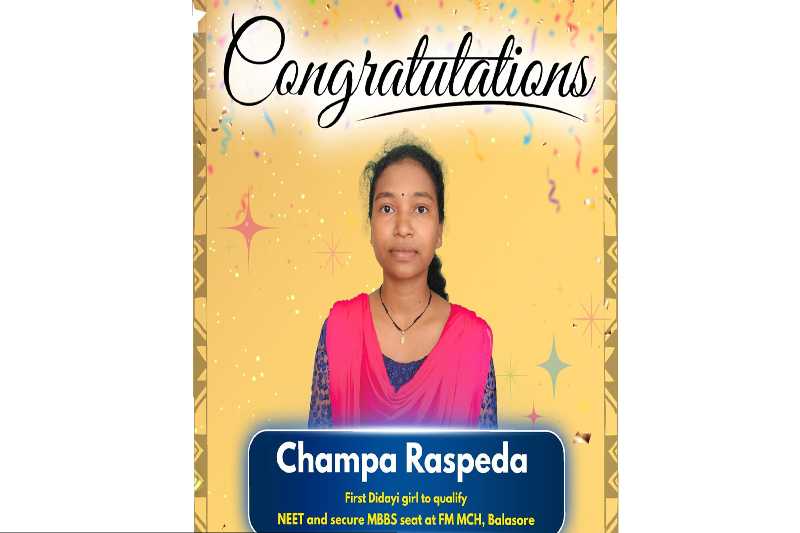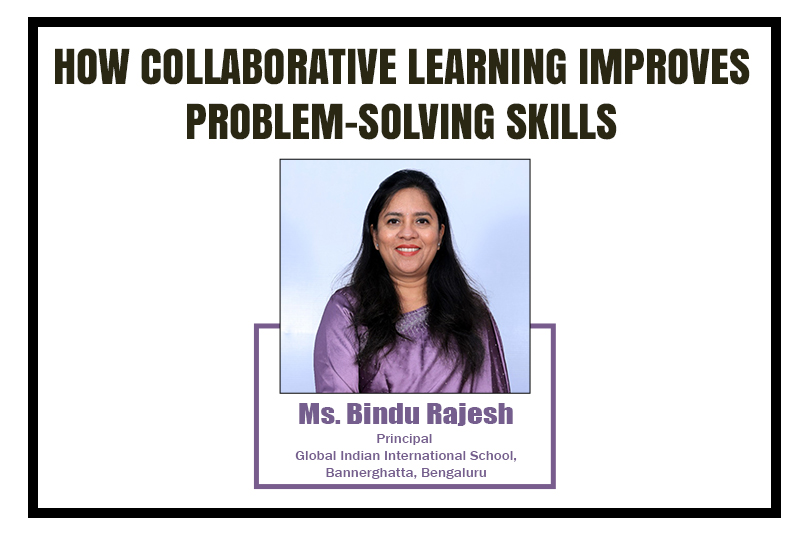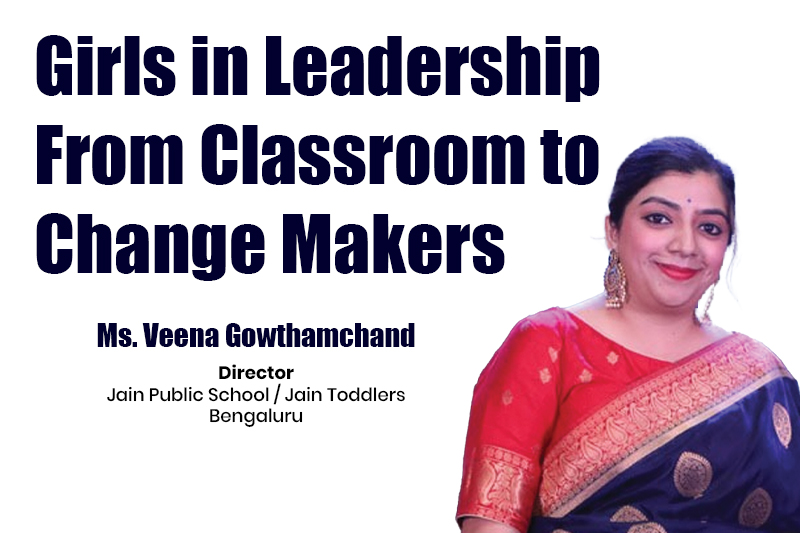From a Tribal Village to a Medical Seat: The Inspiring Journey of Odisha’s Leeza Majhi
Success stories often emerge from the most unlikely places, and the journey of Leeza Majhi, the daughter of a tribal farmer from Odisha, is a shining example. With limited resources but boundless determination, Leeza has cracked the NEET examination and secured admission to the Sundargarh Government Medical College and Hospital, achieving her dream of becoming a doctor. Her journey underscores how education, mentorship, and resilience can transform lives, particularly for students from marginalized communities.
Early Education at KGBV: Building a Strong Foundation
Leeza’s academic journey began in 2021 at the Kasturba Gandhi Balika Vidyalaya (KGBV) in Bamra, a government initiative that provides free residential education for adolescent girls from disadvantaged backgrounds. At KGBV, Leeza received more than just academic support—she benefitted from mentoring, guidance, and holistic development opportunities that helped her build confidence and ambition.
KGBV has been instrumental in shaping the future of girls from marginalized families, offering them not only classrooms and textbooks but also life skills, exposure, and the belief that they can aspire to greater heights. For Leeza, this school became the stepping stone that changed her life.
Academic Milestones: Rising Against Odds
From KGBV, Leeza transitioned to Odisha Adarsha Vidyalaya (OAV), Bamra, where she diligently continued her academic pursuits. She scored 82% in her matriculation examinations, proving her mettle despite challenges. Later, she moved to OAV Iconic, Bhubaneswar, to pursue science at the higher secondary level, where she secured 81.6% in her Class 12 board exams.
Each academic milestone reflected her intelligence and her unwavering determination to overcome social and financial barriers. Her consistent performance showcased her ability to compete with peers from more privileged backgrounds, making her NEET success a natural outcome of years of hard work.
Cracking NEET: Turning Dreams into Reality
Clearing the NEET is one of the toughest hurdles for aspiring doctors in India. With lakhs of students competing for limited seats, success requires both academic excellence and perseverance. Despite coming from a humble background, Leeza managed to crack the exam and secure a medical seat—an achievement that speaks volumes about her dedication.
Her success is a personal triumph and a moment of pride for her family, schools, and community. The transition from a small tribal village to a government medical college marks the fulfillment of a long-cherished dream and the beginning of a promising medical future.
The Role of Mentorship and Support Systems
Leeza openly credits her success to the guidance and nurturing provided by KGBV, where teachers and mentors played a crucial role in shaping her journey. The support system at KGBV ensured that students like her received free education and the motivation to dream beyond their circumstances.
An official from KGBV highlighted the larger significance of her achievement, stating that Leeza’s journey inspires countless girls in rural Odisha. It demonstrates how, when implemented effectively, targeted initiatives can bring real change in the lives of underprivileged students.
Beyond Personal Achievement: A Symbol of Change
Leeza’s story is much more than an individual success—it reflects the transformative power of education. In communities where many young girls struggle with limited opportunities, her achievement proves that dreams can indeed become reality with the right platform.
Her accomplishment also draws attention to the importance of government-run residential schools like KGBV, which empower girls to break cycles of poverty, social barriers, and gender inequality. For families traditionally dependent on agriculture or daily wage labor, such stories create hope for generational change.
A Role Model for Rural India
Today, as Leeza steps into medical college, she carries with her not only the pride of her family but also the aspirations of many young girls who look up to her as a role model. Her success shows that rural and tribal students can compete on par with their urban counterparts, given the right environment and opportunities.
By pursuing her MBBS degree, Leeza also embodies the possibility of giving back to her community. As a doctor, she may one day serve the very regions she came from, bridging the gap in healthcare accessibility in rural Odisha.
Conclusion: Education as a Catalyst for Transformation
The journey of Leeza Majhi from a tribal farmer’s daughter to a medical student is a story of courage, perseverance, and hope. It reflects how education can truly act as a catalyst for change, transforming individuals and entire communities.
Her success is a reminder that talent exists everywhere, but opportunity does not—and when opportunities are extended through initiatives like KGBV, the results can be life-changing. For rural India, Leeza’s story stands as a beacon of inspiration, proving that no dream is too big when matched with determination, hard work, and the right support system.






